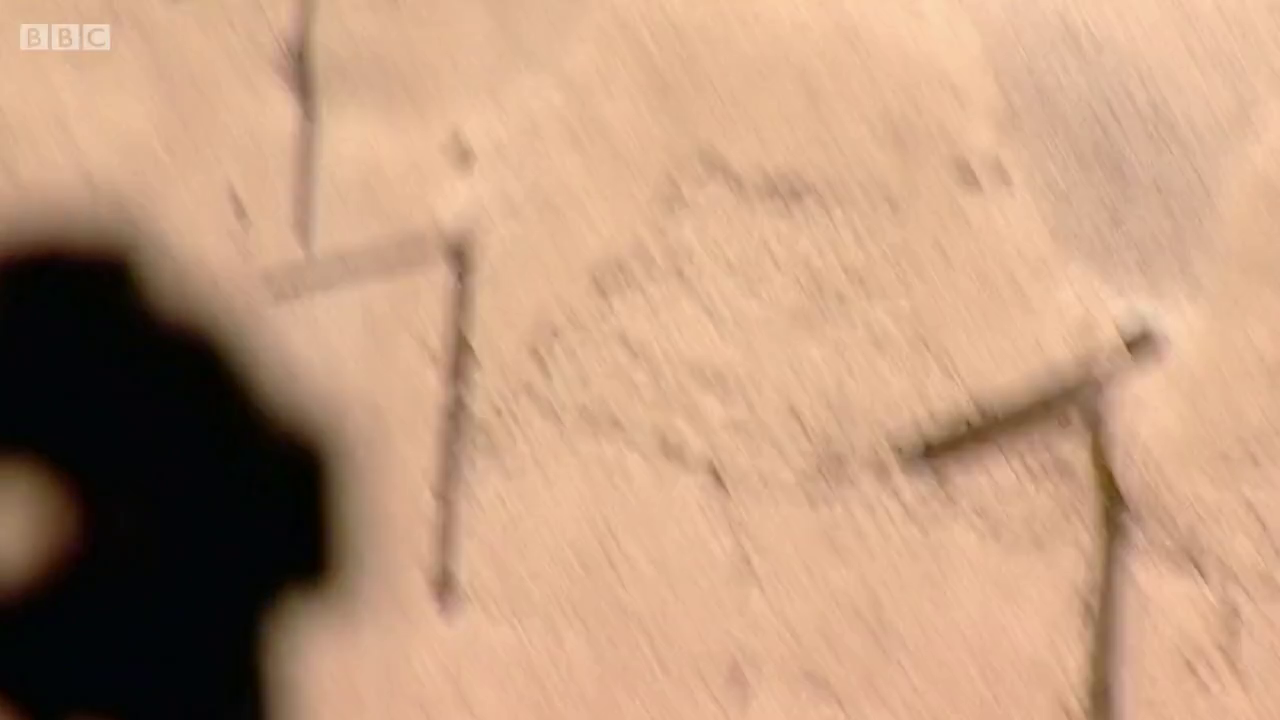And I think the same is true of a new kind of journalism that’s emerging, which is not saying, ‘Oh I don’t know anything.’ It’s saying, ‘Well I’m trying and I’m doing my best in this chaotic world.’
– Adam Curtis
When I was working as an engineer in a big manufacturing company, I learned one thing. Senior managers, directors and all the other important people prefer “conciseness”. They want to know problems at hand in short sentences. 3-minute presentations. 1-sheet status reports. 2-line messages. Most of all, they love this one word.
“Everything is Okay.”
I know, that’s three words.
On the other hand, many of them love to hear stories. Funny stories. Invigorating success stories. How-our-nasty-competitor-is-losing-its-business stories. Sometimes it doesn’t matter if it is true or not. A simple story makes the chaos around us digestible. You know, making a decision requires clear understanding of the situation. So I was told. But more often than not, a decision is made, with their impressions from stories they hear and a 2-line message they read in the morning. But there are tens of problems piled up in the factory work area, hundreds of data files are still lying untouched in the data server. But still, it is just a business. In manufacturing, engineers will “fix” or “work around” problems eventually.
“Bitter Lake“, a documentary written and directed by Adam Curtis, reminds me of these people. People who loves a “concise” story.
Those in power tell stories to help us make sense of the complexity of reality, but those stories are increasingly unconvincing and hollow.
-“Bitter Lake”
In fact, these stories we have been told during the past decade are not designed to explain the complexity of reality. They are just stories. And I don’t think “those in power” ever understood the complexity of reality and oversimplified it. They just heard what they wanted to hear and told it as they heard.
Curtis tells us how U.S., Soviet, Saudi Arabia, U.K. and other nations have created the ongoing chaos known as ‘Afghanistan’. The film opens with the archival footage of the meeting between Franklin D. Roosevelt and King Abdulaziz of Saudi Arabia in 1945. The deal they made in this meeting – Saudi oil for U.S. in exchange for U.S. leaving the Saudi religion alone – had a profound consequences. Since the Cold War, many webs of political, cultural, economical and religious complexities were layered upon Afghanistan and the Middle East in general. It had became too much to be understood. So the politicians began telling us a simple story of good vs. evil. Democracy Good. Islam fanatics Bad. You know, we are like that monster in “Bride of Frankenstein”.
Many pointed out Curtis contradicting himself, relying on the oversimplification to tell this story while criticizing the oversimplification of the situation and the history by those in power. Jon Boone, writing for Spectator, pointed out “(Curtis) barely mentions Pakistan, the single most important driver of the decades’ old conflict.” I don’t disagree. And I think there are more. Iran, India, Russia, … But as you can easily imagine, it is impossible to encompass whole spectrum of the matter. All we have is a large pile of fragments.
Brilliance of “Bitter Lake” lies within these fragments. Curtis assembled a large array of unused footage from the BBC archive and mushed them up without any reference. They are video snippets from fighting grounds, streets, deserts, or just ‘places’, shot by unidentified cameramen. We don’t know where and when these events took place. We don’t even know what we are looking at. What year is this? Are these boys from Kabul? Is that an NATO helicopter? We don’t know. And moreover, it doesn’t make any difference even if we are told what they are. If the narration or the text informs us the bloody body we are looking at is a dead Taliban soldier, are we to believe it? How does anyone know it for sure? Didn’t the narration inform us U.K. soldiers couldn’t tell their allies from Taliban? Curtis may tell us another simplified story, but these mushed-up videos make us realize there are numerous decontextualized fragments. Trying to make any coherent ‘story’ out of them is just impossible. However, it is essential for us to understand how chaotic this world is.
“The whole universe would be irrational.”
Dr. Stone said, “Compared with what?”
– “Valis”, P. K. Dick
Maybe, just maybe, in this world of information overload, we are over-contextualizing everything. Because we can. And probably we feel more comfortable.
Copyrighted materials, if any, on this web page are included as “fair use”. These are used for the purpose of research, review or critical analysis, and will be removed at the request of copyright owner(s).





